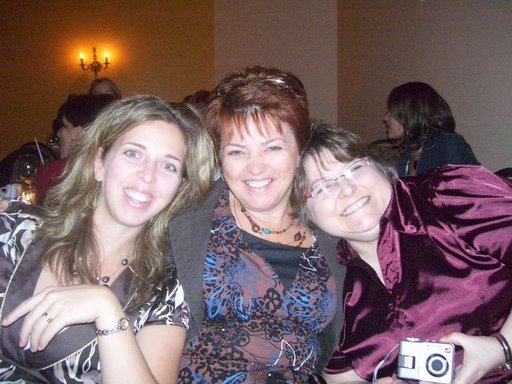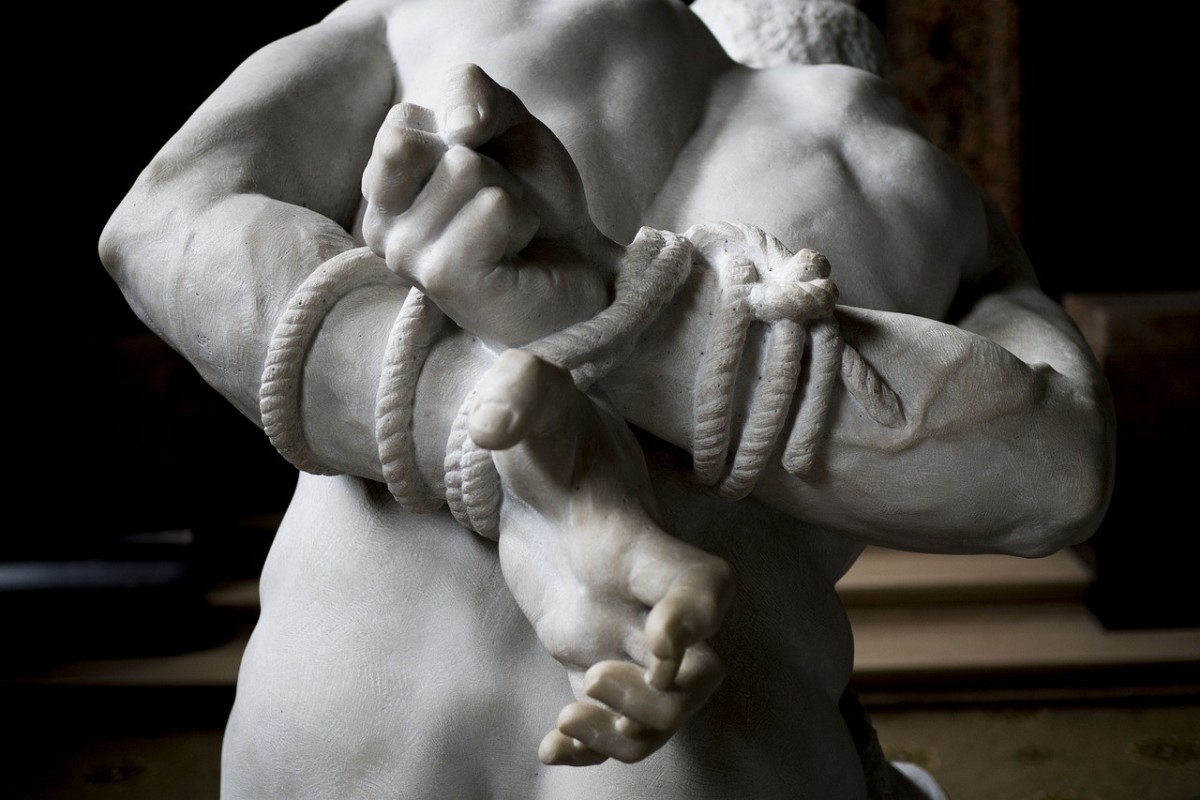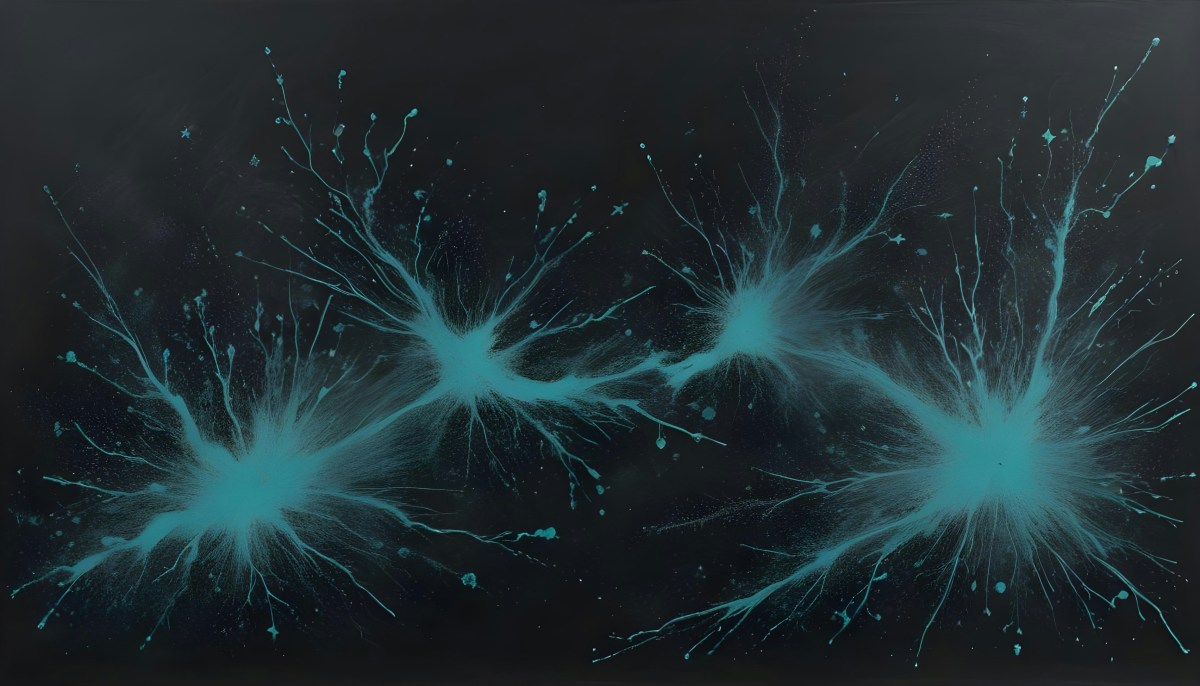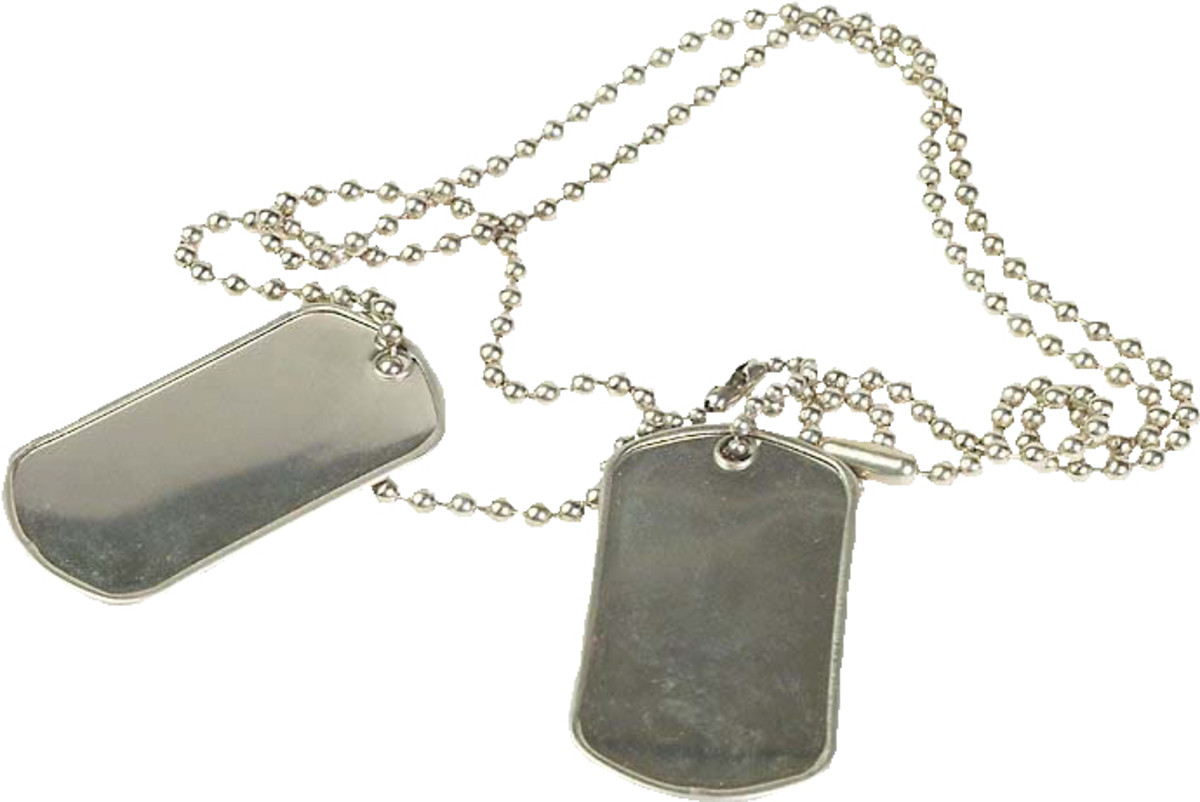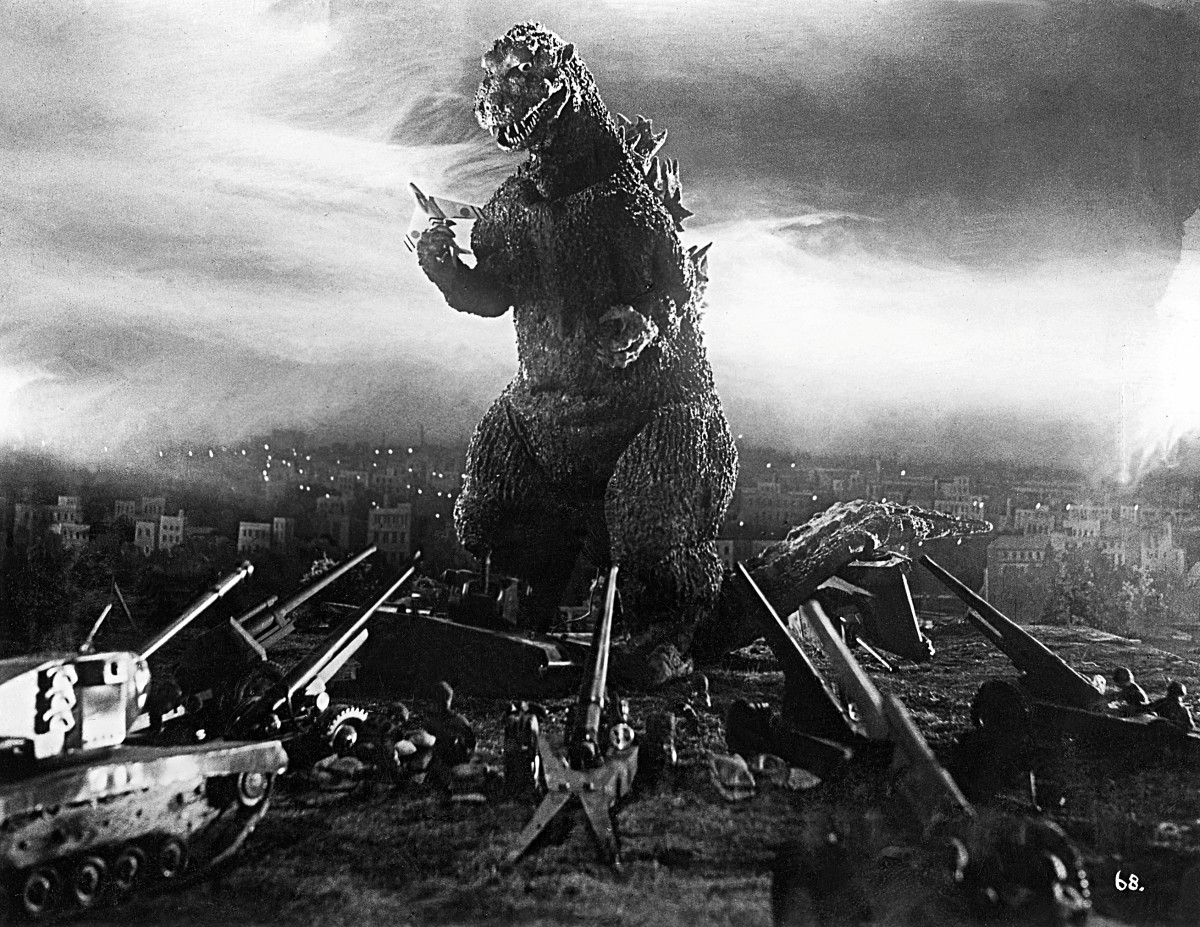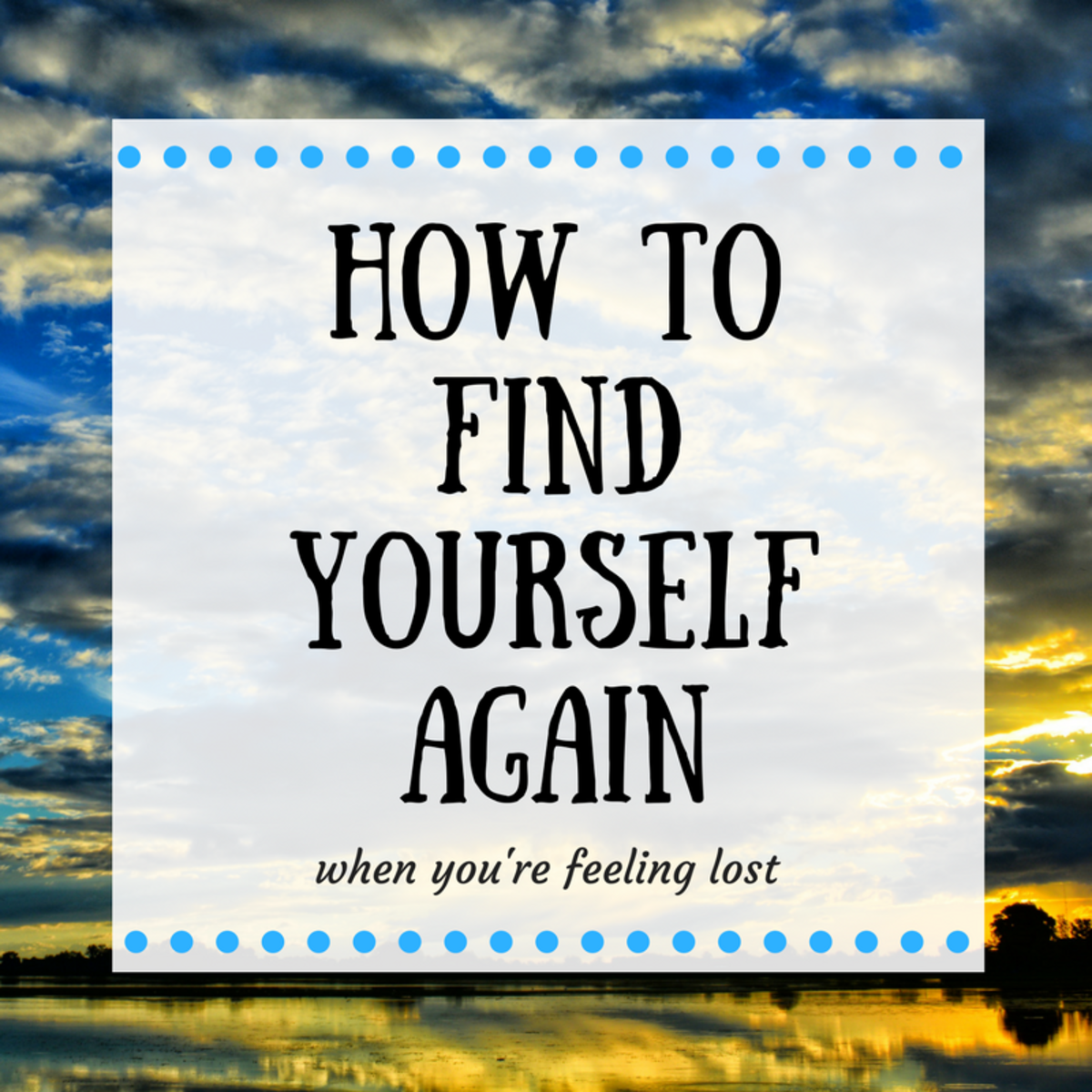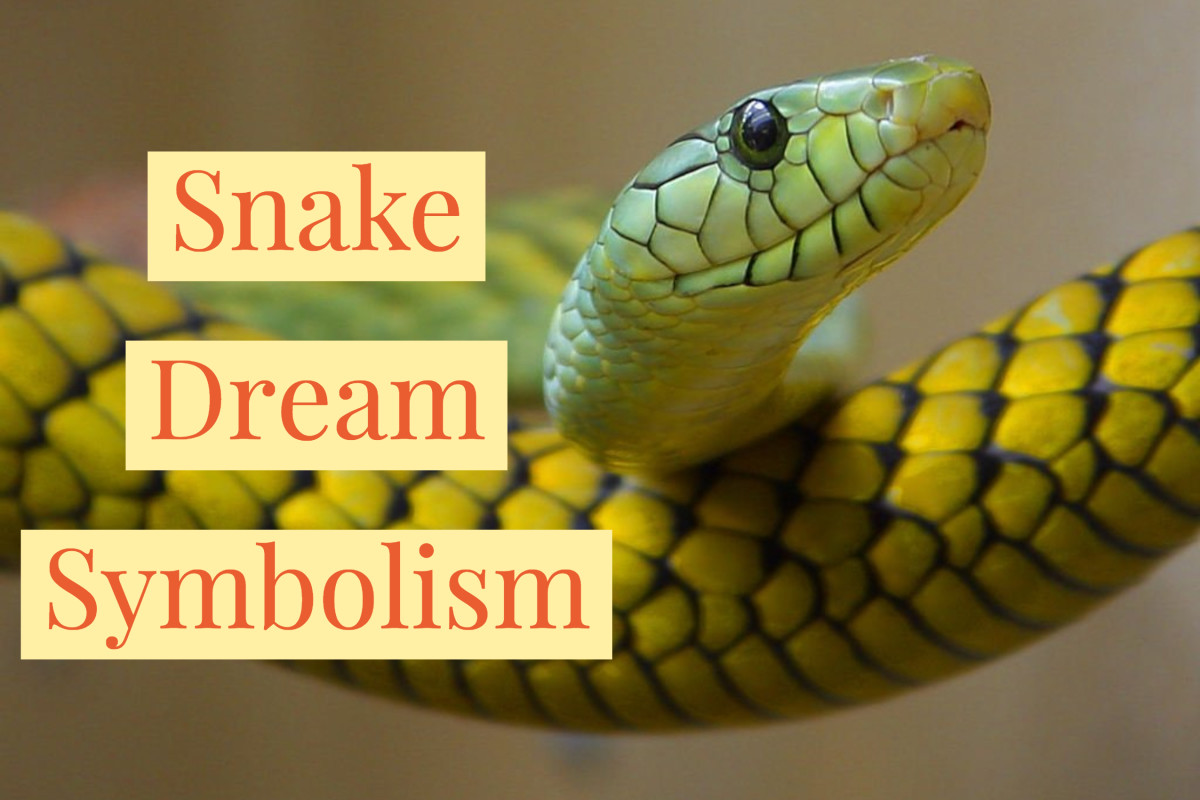Vulnerability - a life with No Masks
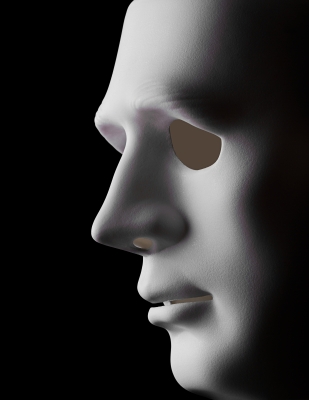
Before: Life behind the mask
Most of my life, I spent behind a facade. I'd grown up with it and I was convinced that it was real. No matter how much life screamed to the contrary, no matter how badly I was beaten, I lived in denial and in emotional dependence on people who were just as broken as I.
The fallacies I believed were myriad; here are but a few of the major ones:
- I have a loving, supportive family; we all get along with each other.
- Our home is a Christian home - I am so blessed to have parents that care what I do and say.
- Love means never having to say you are sorry.
- Forgiveness is acting as though whatever it was never happened.
- It is always wrong to be angry, to be sad, to be afraid.
The realities to the above were as follows:
- We were never allowed to argue with each other. As a result we never knew how to resolve conflict.
- I was abused - physically, mentally, emotionally, and spiritually - in the name of God. Our parents - and specifically my mother - only cared how our actions reflected on them. When I was sexually abused by a family member, my mother only cared about how we would appear to the outside world, and cared nothing for the truth - or for me.
- Never having to say you are sorry - is a convenient euphemism for permitting all kinds of atrocities and for blaming the victim for feeling violated.
- If forgiveness is to be real, it must acknowledge that there was a wrong committed. Forgiveness cannot truly happen until the debt is fully spelled out.
- Feelings are important. Denying feelings (even the unpleasant ones) stunts emotional growth, teaches a person not to trust his or her instincts, and leads to an inability to experience the more pleasant emotions.
To cope, I learned certain behaviors that helped me survive the poisonous world that was my childhood. I learned to hide how I felt - sometimes so deeply that not even I was aware of it. I learned how to use guilt and shame like weapons against the people in my life, in order to gain some control over my lot in life. I used these things to manipulate people into doing what I wanted them to do. I avoided conflict at all cost, and became a chameleon - changing my behavior to match what I thought someone else wanted, so that I could gain some sort of acceptance from, and possibly even power over, that person.
When I got old enough to marry and move away from that toxic atmosphere, those coping mechanisms stayed. I used them on my husband - and when the children came along, I used them on my kids. I hoodwinked myself into thinking that it was for their good: if they would just do things my way, their lives would be so much easier.
What they learned was to withdraw from me, to shut me out, to hide things from me, to be afraid of my fits of ire and of my guilt trips. I found myself more and more alone. And all the while, I was convinced that I was trying my level best to sacrifice myself and to protect them from the big bad world out there. I was blind to what I had been doing since the get-go: trying to make my life safe by insisting that they become as afraid of the world as I was.
I didn't know any different kind of life. I was stuck in my own dysfunction, all the while thinking that it was they who needed to change.
Steps to Freedom
- I admitted I was powerless over other people, that my life had become unmanageable.
- I came to believe that (only) a power greater (and outside) myself could restore me to sanity.
- I made a decision to - and actually gave my will and my life (daily) over to the care of God.
- I made a searching and fearless moral inventory of myself.
- I admitted to God, to myself, and to another human being the exact nature of my wrongs.
- I became entirely ready for God to remove all those defects of character.
- I humbly asked Him to remove my shortcomings.
- I made a list of all the people I had harmed and became willing to make amends to them all.
- I made amends to each person wherever possible, except when to do so would injure them or others.
- I continued to take personal inventory, and when I was wrong, I promptly admitted it.
- I sought through prayer and meditation to improve my conscious contact with God, praying only for a knowledge of His will for me and the power to carry that out.
- Having had a spiritual awakening as a result of the above, I sought to carry the message to others, and to practice these principles in every sphere of my life.
What Happened?
Of course, it never crossed my mind that I might have a problem.
Until it did.
It was just prior to Christmas 2008. My husband, whom I knew to be an alcoholic - attending AA and relapsing all over the place (like, every two weeks, so I thought - turned out to be daily) lost his driver's license for operating a motor vehicle while impaired. Okay, he went into the car, turned it on and promptly fell asleep with the motor running.
Anyway - with the winter just beginning, and only one insured driver in the family now (me) ... I began to panic. He'd always driven the kids, done the errands, all that kind of stuff ... while I had stayed home - or at work - assuming everything would happen according to plan.
My plan.
I hated winter driving, and the thought of being the only driver all winter was very daunting for me, especially in a province where winter weather lasts a good five months.
But that was the tip of the iceberg. Being confronted with the consequences of his alcoholism put me in a vulnerable position, and that was definitely not comfortable.
I felt overwhelmed.
I'd heard about family counseling that was available through the local addictions center. So I called them and made an appointment to talk to one of them.
A few weeks later, I was sitting in his office and pouring out into his lap all the frustrations I was having with my husband - with my family (including my birth family) - with everything. He listened, he nodded a lot, and when I was done, he said, "Sounds to me that your responses are entirely appropriate for what you are going through."
What?
"You are feeling what you are supposed to feel for the circumstances that you are in," he repeated.
We talked about how I was feeling and he suggested some reading material he'd gotten from a book. Just a few pages ... with questions to answer at the end.
Okay, I'll bite, I thought. Anything to help my husband get his act together. All I wanted to do was "fix" him - so my life would go back to the way I wanted it to be.
It didn't work out like that.
The Unmasking
I worked with my counselor for a year. By the time I had been in therapy for two or three months, I was already starting to see some progress. However, I am getting ahead of myself.
When I first realized (in therapy of course) that my husband - although it was true that he had a problem - wasn't MY problem, that set me back on my heels!!
My problem, I learned to my surprise and dismay - was ME. I was messed up. Big time!
I wanted so badly for people to "behave" that my own behavior was making them do the very things that I so feared they would do. It was a vicious circle.
I learned that people have boundaries and that I had crossed them so much and so many times that they just cut me off and shut me out! Once I came to the first realization of my therapy (within a month of starting it) that I was absolutely powerless over other people's choices, that I was not responsible for their choices and that they had a right to make them without me ... this was the beginning of a whole new lifestyle for me.
I started practicing a very under-used skill - letting go. In fact, at first, I had to physically step back, and put both hands in the air in a "surrender" or "stick-em-up" position ... in order to remind myself that I had to take my hands off the situation facing me, and let people be who they were and make their own choices ... and then to let them live with the consequences of their actions.
This was HUGE for me.
Learning that others had boundaries led me to the natural conclusion that I had them too, and that I had let people walk all over me just to be accommodating.
I started to understand that I could ask for what I wanted instead of stewing about how nobody was meeting my needs. (How could they know my needs if I didn't tell them? yet I was expecting people to read my mind somehow...)
There were other steps in my journey (see blue insert, above) but this one started me on my way. Slowly I began to see - through the process of the rest of the steps - that I had some major baggage to unpack and discharge, that these had led to my inability to function, and to hurting others.
I eventually was able to forgive those people from my past who had hurt me (and yes, this took months!) and then go to those I had harmed and ask forgiveness from them. By the time I was finished doing that, I looked around my internal landscape one day to find that spring had replaced the dead of winter, and I was happy more often than not, for the first time in my life.
The masks started to come off. I didn't need to pretend to be someone else. I was discovering who I was - and I was liking that person.
Who knew?
I'm constantly learning, re-visiting parts of the process, letting go of people, situations, things. By no means am I done - nor do I ever expect to be. Nevertheless, I am happier than I ever have been, and I am excited to report that within two months of my starting therapy, my husband came to his lowest ebb and "hit bottom" - and has not had a drop of alcohol since, as a result of doing the same "steps" I did, as applied to his own addiction.
We've been on this journey together now for nearly the last four years. Stuff happens, the kids drive us crazy, or work piles up, or finances become an issue ... and in the midst of it all, we are learning to let it happen, change what we can, and to accept what we can't change, all with a philosophy of rigorous honesty - of transparency, vulnerability, of being real.
It's not always easy. But ... it's never dull.
